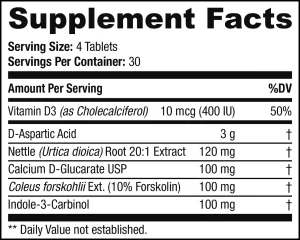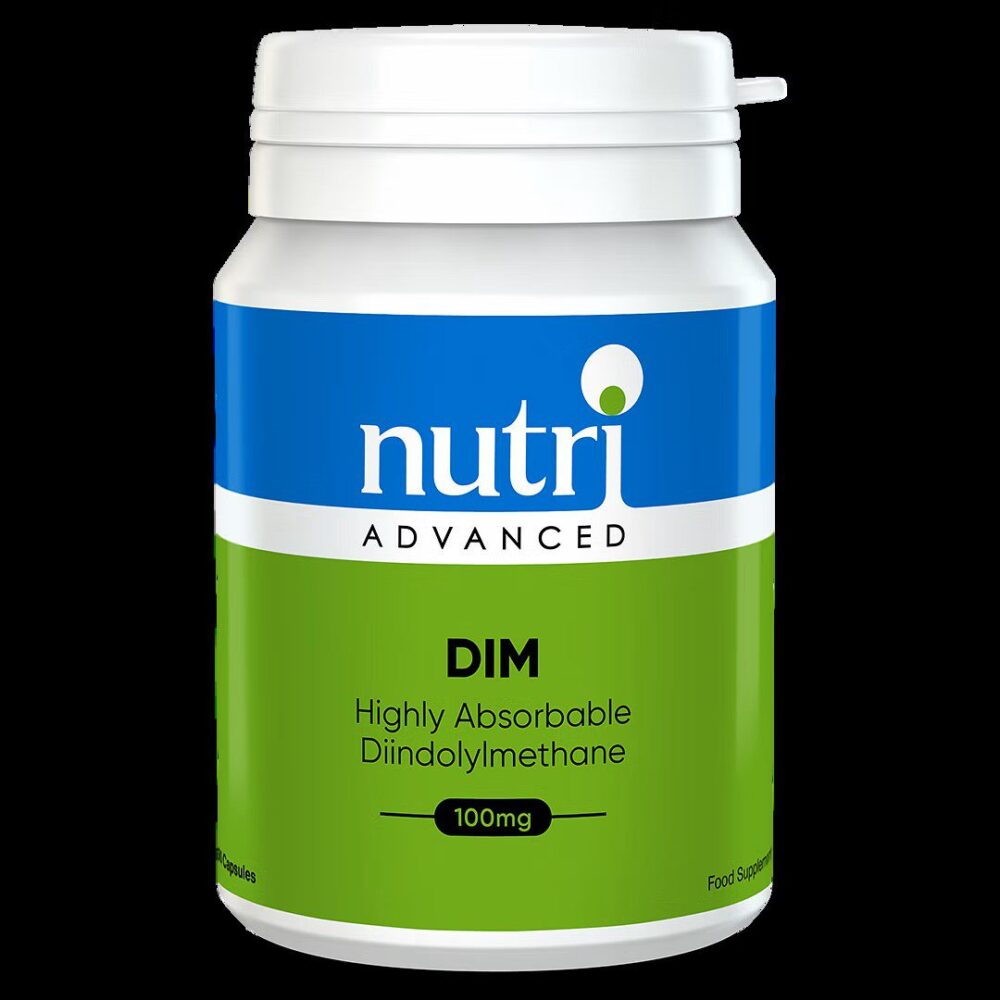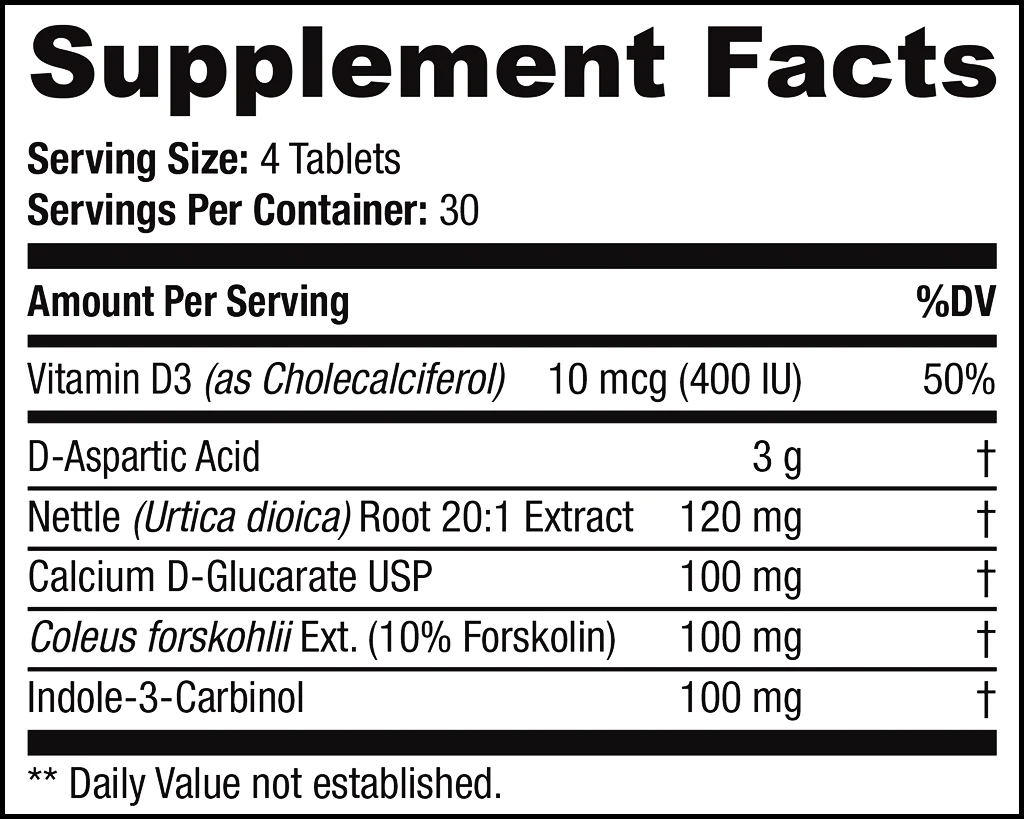




Free T 120 Tablets SAN T
£26.99 Original price was: £26.99.£21.59Current price is: £21.59.
Out of stock
Email when stock available
SAN T
SAN T Free T, D-Aspartic Acid (D-AA) is an amino acid that plays a role in the synthesis of proteins and is naturally found in certain tissues and fluids of the body.
It has been investigated for its potential benefits, particularly in relation to testosterone production and reproductive health. However, it’s important to note that the scientific evidence supporting some of these purported benefits is limited, and further research is needed. Here are some areas where D-Aspartic Acid has been studied:
1. **Testosterone Production:**
– **Limited Evidence:** Some early research suggested that San T D-Aspartic Acid supplementation might temporarily increase testosterone levels, particularly in men with suboptimal levels. However, more recent and rigorous studies have cast doubt on these initial findings, and the evidence remains inconclusive.
2. **Reproductive Health:**
– **Spermatogenesis:** D-Aspartic Acid has been studied for its potential role in supporting spermatogenesis (sperm production) and fertility in men. Some studies have suggested positive effects on sperm parameters, while others have not found significant improvements.
3. **Libido and Sexual Function:**
– **Mixed Findings:** Some studies have explored the impact of D-Aspartic Acid on libido and sexual function. While some early research suggested potential benefits, more recent studies have reported mixed or inconclusive findings.
4. **Exercise Performance:**
– **Endurance and Strength:** There is limited evidence on the impact of D-Aspartic Acid supplementation on exercise performance, including endurance and strength. Some studies have shown minor improvements in certain exercise parameters.
5. **Hormonal Regulation:**
– **Influence on Hormones:** D-Aspartic Acid is involved in the regulation of various hormones in the body. It has been studied for its potential effects on hormones such as luteinizing hormone (LH) and growth hormone.
6. **Neurotransmitter Function:**
– **NMDA Receptor Activation:** D-Aspartic Acid can activate N-methyl-D-aspartate (NMDA) receptors, which are involved in neurotransmission. This property has led to interest in its potential effects on cognitive function and mood.
It’s important to approach the potential benefits of D-Aspartic Acid with caution and consider the following:
– **Inconsistencies in Research:** The findings on San T D-Aspartic Acid’s effects, especially on testosterone levels and reproductive health, have been inconsistent across studies. Some studies report positive effects, while others do not.
– **Safety Concerns:** Long-term safety data on D-Aspartic Acid supplementation are limited. It’s advisable to use caution and consult with a healthcare professional before considering supplementation, especially in the absence of clear evidence of benefits.
– **Individual Variability:** Responses to D-Aspartic Acid supplementation can vary among individuals. Factors such as age, health status, and baseline hormone levels may influence the outcomes.
– **Dosage and Duration:** The optimal dosage and duration of San T D-Aspartic Acid supplementation are not well-established. Excessive intake may have unknown risks, and high doses should be avoided.
Before considering D-Aspartic Acid supplementation, it is recommended to consult with a healthcare professional, especially if you have existing health conditions, take medications, or have concerns about hormonal balance. They can provide personalized advice based on your individual health status and goals.















Reviews
There are no reviews yet.